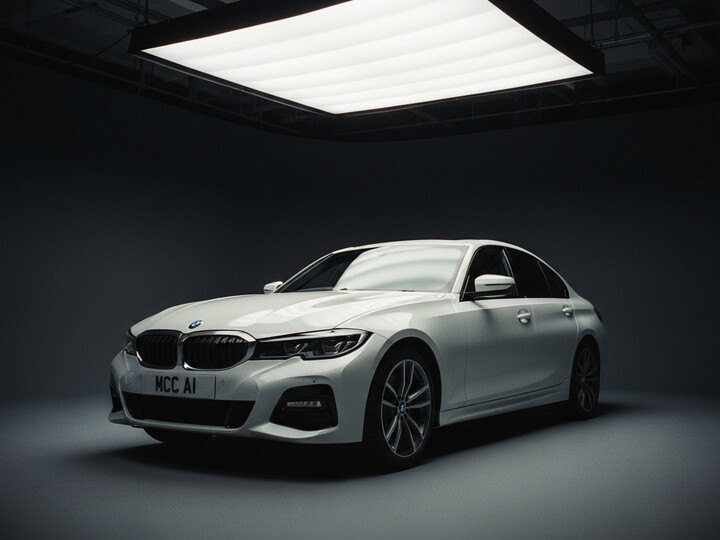BMW 3 SERIES SALOON (2019-22)

Buyer's Guide & Data from our Checks
The BMW 3 Series Saloon (2019-22) is a popular choice among UK drivers looking for a compact executive car that combines style, performance, and versatility. Classified as a saloon, it offers four doors and a sleek design, making it well-suited for professionals, small families, or anyone wanting a comfortable yet sporty vehicle. According to data from mycarcheck.com, this model has been checked over 50,000 times, showing its strong presence in the used car market. The average valuation for a private sale stands at around £29,400, with typical mileage just over 42,000 miles, indicating many cars are maintained with regular use. With usually just over one previous owner, it suggests these vehicles are often well-cared for and reliable.
This model is commonly used for daily commuting, weekend drives, and personal use, thanks to its comfortable ride and good fuel economy. Known for its responsive handling and premium interior, the BMW 3 Series Saloon (2019-22) offers a driving experience that stands out among rivals like Audi A4 or Mercedes-Benz C-Class. Its balanced combination of luxury features, dynamic driving, and reasonable running costs makes it a popular choice for those seeking a sophisticated yet practical vehicle.
What sets the BMW 3 Series Saloon (2019-22) apart is its reputation for quality craftsmanship and technology integration, appealing to drivers who value a premium feel without sacrificing everyday usability. Its widespread ownership and consistent popularity mean there’s a good supply of prepared, well-maintained cars in the market. Whether used for work, family, or leisure, this model continues to be a standout in the competitive compact executive segment, offering a blend of sporty appeal and everyday practicality.
Key Findings
The following statistics are drawn from our checks of 20,982 different vehicles, run between February 17th 2021 and December 31st 2025. These real-world insights provide context for this vehicle's place in the market, as well as its typical usage.
50,258
Lookups
Lookups
1,375
Hidden Histories
Hidden Histories
52k
Average Mileage
Average Mileage
£29,400
Average Valuation
Average Valuation












